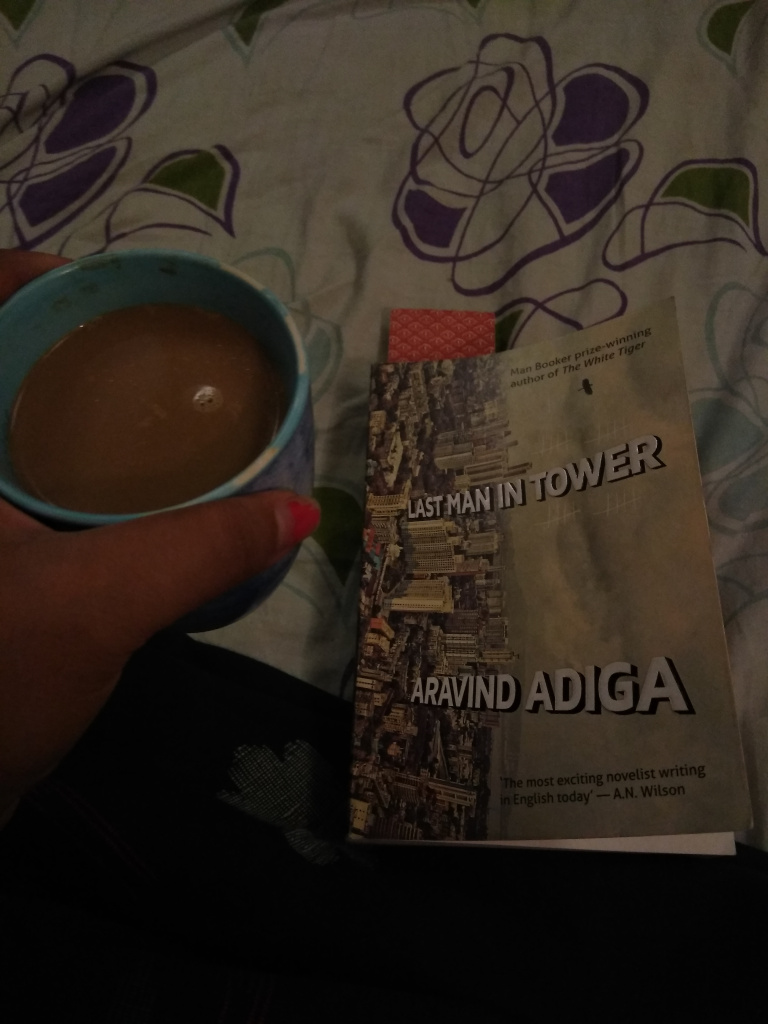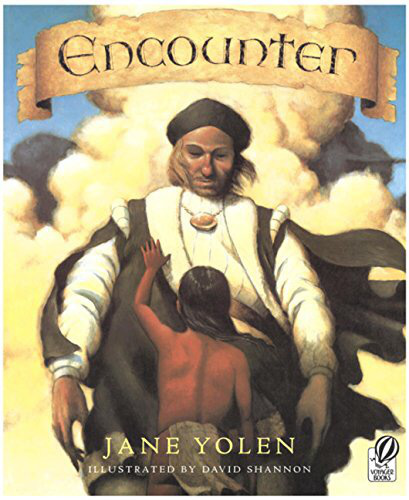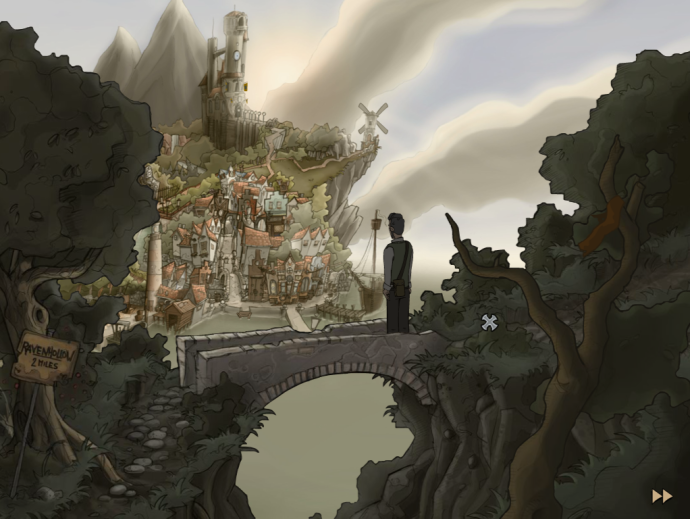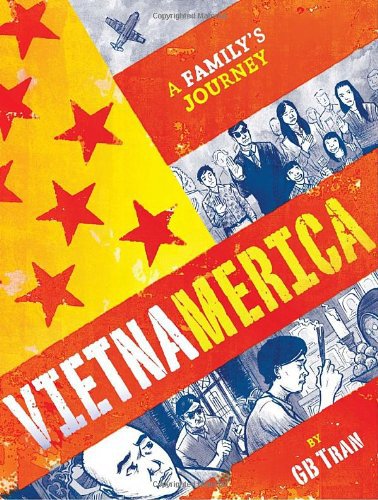Till about 2 years back, I used to read about 50+ books a year. Reading was a habit inculcated in me when I was much younger. By the time my age had reached the double digits, I used to devour books. My mum is an English teacher which probably explains my reading habit. I would even read my sister’s (2 classes ahead of me) English course books. I used to be proud of my reading habit untill 2 years back. What happened 2 years back? I joined a B-school! No, B-school life isn’t all that hectic but B-school life had so many distractions that I never really had the concentration to sit and read. In the last year, I read 3 novels ONLY! Inclulcating the habit of reading all over again has been somewhat of a task considering the many distractions, mostly the easy accessibility of TV shows and internet! However, since I have a lot of time at hand before I start working (more than a month), I am trying to re-establish my reading craze. The first book I picked up was ‘Last Man in Tower’ by Aravind Adiga.

Honestly, I’ve never been one to enjoy Booker prize winning authors’ works mainly because I find them overrated. Indian authors are another category that I’m a little sceptical to pick up but can you blame me, Chetan Bhagat and Durjoy Dutta? ‘The White Tiger’ was a surprise like for me. I enjoyed the easy writing, the humour and the story. Being an Indian, I could easily connect with the characters and the sattire. With high expectations I bought ‘Last Man in Tower’. Did it stand up to those expectations?
Let’s start with what worked for me. The setting of the story. Set in the early 21st century in a typical upcoming colony in Mumbai. It talks about the aspirations of the middle class. About how they seem to be caught in a game of blaming their fate and wanting to grasp any opportunity at any cost to fight their fate. It was a very relatable tale as I’ve seen the very same struggle in my own household. The intertwined families, reminded me of my visits to Mumbai as a child; the open houses, the interacting families, the sharing of the food made in one flat with the others on the same floor, the kids running into the adjoining flats as if their own etc. I enjoyed how relatable the characters were, even the ones with the grey shades. Usually people go out of their way to make villains look extra grey but the bad guys were coloured just the right shade. I, also, liked how the hero of the story wasn’t shown as an all great and righteous man but a man who was trying to deal with his weaknesses. I, also, enjoyed how the various relationships amongst the characters developed along the storyline showing that neither love nor hate is permanent.
The middle class psyche has been dwelled upon before in books and movies, most reach the same conclusion – when shown that their dreams are within grasping reach, the middle class will resort to almost anything to get it. Uhm.. I’m sure this is the case with a lot of people across classes but to understate morals is something I find disturbing. We have all seen the saas- bahu serials that Ekta Kapoor worked so hard to make popular. We’ve all had the same thought – who are these evil people who resort to anything to make someone else’s life miserable? We all have grey shades and we all have morals. There are people who forget these morals and let the darkness inside them lead their path. But most people, and by most I mean most, try their best to balance the good and bad inside them.
The story began as a relatable tale and ended at an incredulous way. The story is about Vishram Society of Vakola, Bombay and the many different residents. A builder wants to buy their society to build a new apartment complex there and offers the residents 250% of their flats value. And how one resident, a teacher, refuses to sell his apartment and brings upon himself the wrath of his neighbours.
Verdict: A one time read only. ✔
Advertisements Share this:




